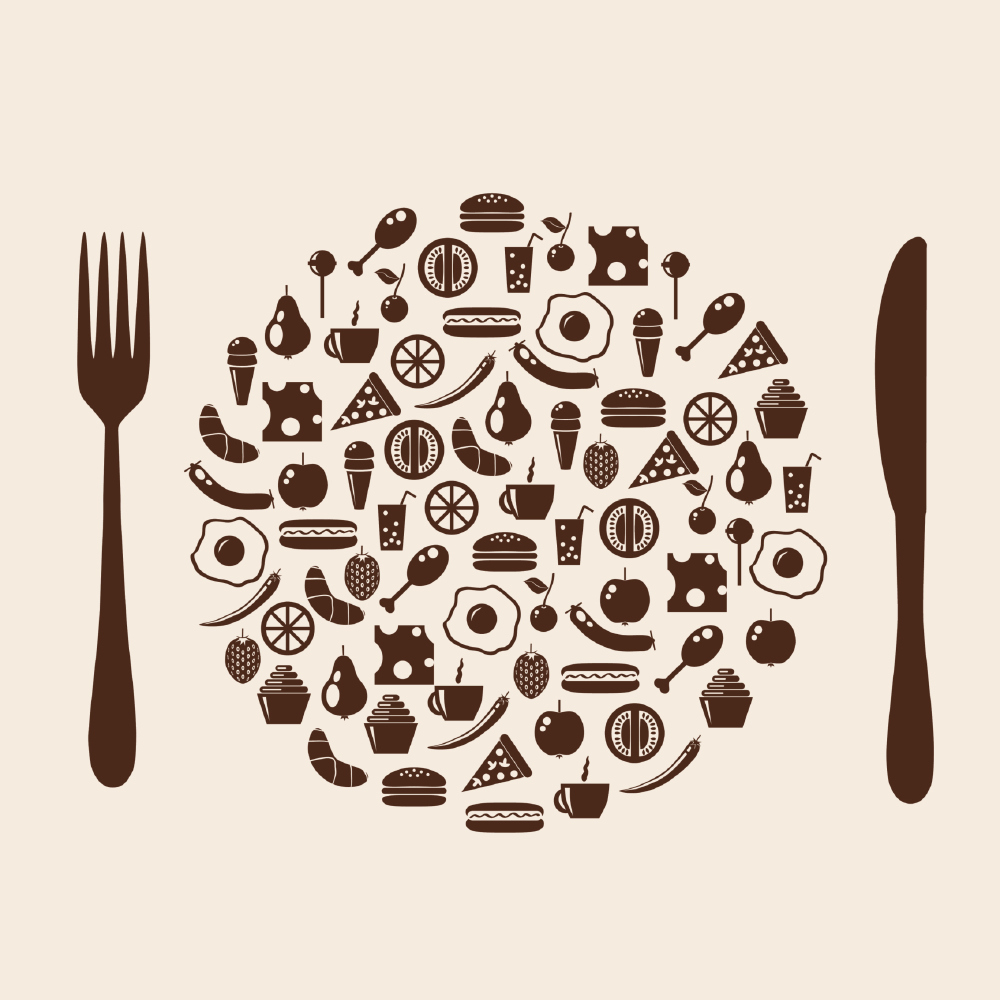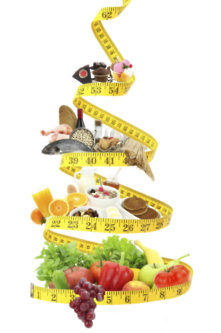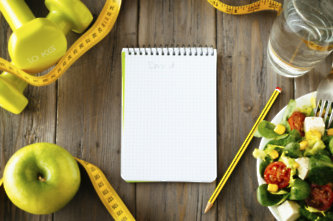
Do you know which foods you should be eating?
It’s often believed that cutting calories is the only way to lose weight, but choosing the right foods is more important for you nutrition and health.
Replacing processed food with ‘real’ options can boost your health and help you to lose weight.
Dr Sally Norton, health and weight management expert and founder of Vavista.com explains:
“Two foods can have the same number of calories and yet be oh-so-different in how they affect us. There are more and more studies showing that better health and weight-loss is achieved by a diet low in processed foods, refined carbs and sugar, following the ‘Mediterranean diet’ principles. Those of you lucky enough to have spent some time in the Med this summer will have seen the fruit and veg markets, butchers, fish stalls and cheese shops with customers carefully choosing fresh, real food to cook at home… it is much more the norm than it is in the UK, despite the welcome increase in farmers’ markets that we are now seeing.
 Is your diet balanced?
Is your diet balanced?“The only way to be sure is to focus on eating real food that is as close to its natural state as possible. If there is any preparation to be done to turn it into a culinary masterpiece, midweek dinner or on-the-go snack, I would prefer to give it a go myself wherever possible, to avoid all of the unpronounceable extras that feature on the ingredients list of a shop-bought version.”
So how can you make these healthier choices?
Local producers are usually a good starting point and keep giving us good quality, nutritious food. You have to be prepared to pay a bit more for it – because sourcing quality ingredients and taking care in production needs time and money.
Better to shop more selectively, buy less and eat a smaller amount of good quality real food.
 Make a plan for the week to eat well
Make a plan for the week to eat wellFoodSwitch is a free app for smartphones, first developed in Australia, to help you find out what’s in the food you’re eating, so you can make simple switches to healthier options. FoodSwitch allows you to scan the barcodes of your food and drinks products and instantly see whether they are high (red), medium (amber) or low (green) in fat, saturates, sugars and salt per 100g. It also searches the database for similar but healthier alternatives, making it easier than ever to switch to healthier food choices.
These simple changes could also make a big difference to your overall health too
Change your breakfast – it’s the most important meal of the day so don’t skip it! Choose oatmeal, yogurt, fruit, seeds, nuts and wholegrain cereal to boost the start your day.
Get moving – take the stairs, hop on a bike or walk a bit further than usual. Regular exercise can help prevent cardiovascular disease, diabetes, lower weight and blood pressure while improving your mood and immune system.
Hydrate – drinking more water offers instant refreshment on tap and can play a part in a healthy lifestyle – especially if you are stepping up your exercise regime or want to create a sense of fullness to help shed an extra pound or two.
 Hydrating our bodies is vital to keep it running
Hydrating our bodies is vital to keep it runningSwitch off – find ten minutes a day away from your screens, phone or TV to enjoy the silence and give your eyes a rest. Downtime is to the brain what sleep is to the body.
Reconnect with nature – get into the great outdoors, breathe deeply and tune in to the natural world. Not only can it lift your mood, a growing body of evidence points to the health and healing benefits of contact with nature.
Sleep well – in our 24/7 world it's so easy to skimp on your sleep, but sleep disorders are on the rise and can disrupt good health. Respect your sleeping time and space and don't be tempted to work or eat in bed. Try to stick to a regular bedtime to help you drift off and get enough of the vital deep sleep needed to fully recharge your batteries.
Tagged in Healthy eating Diet tips

